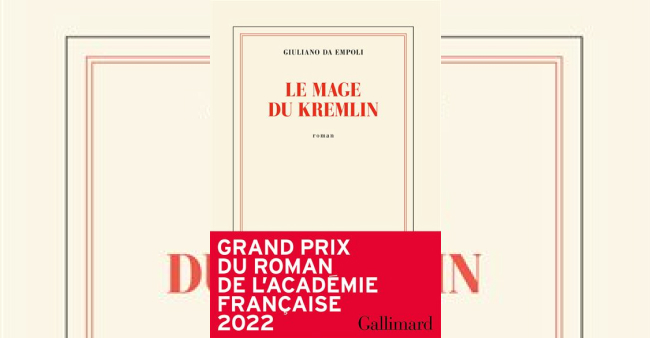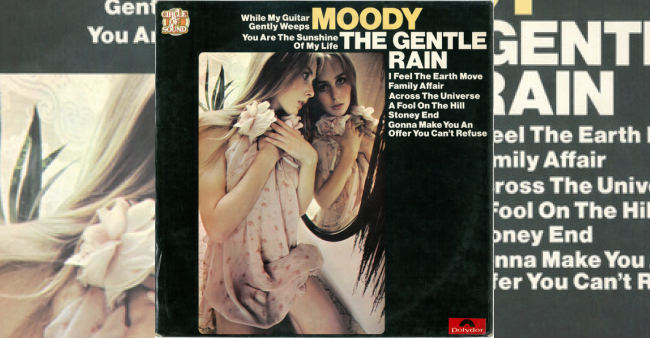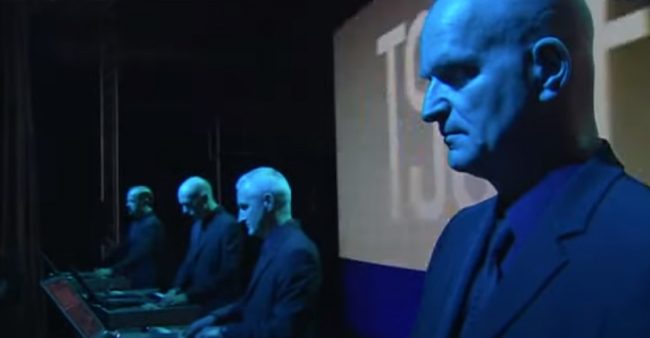“Le mage du Kremlin”, vertiginous reading

Winner of the Grand Prix de l’Académie Française, this is Giuliano Da Empoli’s first novel, though not his first book (he has already published “Les ingénieurs du chaos”, among others), and it deserved to be mentioned. To say we were bowled over is an understatement.
The narrator, a Muscovite, invites us to meet Vadim Baranov, a fictional character inspired by the real-life Vladislav Sourkov. Baranov invites the narrator to his home on the outskirts of Moscow to show him a rare book, and he, whose words are few and far between, begins to recount his life.
Over the course of the chapters, Baranov takes the floor and never lets go. He tells the story of how he went from being an intellectual to television (through the intermediary of the real-life oligarch Boris Berezovsky) and then became Vladimir Putin’s éminence grise. Baranov talks, revealing the secrets of power and manipulation, and it’s as fascinating as listening to Clausewitz or Machiavelli speak in front of an open fire… Da Empoli has certainly invented a poncifice: thinking of a character like Baranov, you could say that he’s a Muscovite, just as you would say of a Florentine.
You turn the pages without missing a beat. And the last pages are incredibly powerful: Da Empoli gives us the keys to understanding the mysterious country of Russia. In the end, things haven’t changed much since Astolphe de Custine visited the country to tell us all about it. Once you’ve closed the book, all you want to do is read or reread “La Russie en 1839”, or Emmanuel Carrère’s “Limonov” (P.O.L.), as we cross paths with this unusual character.
*****
Giuliano Da Empoli “Le mage du Kremlin”, Editions Gallimard, Paris, 279 pages, 20 euros.




